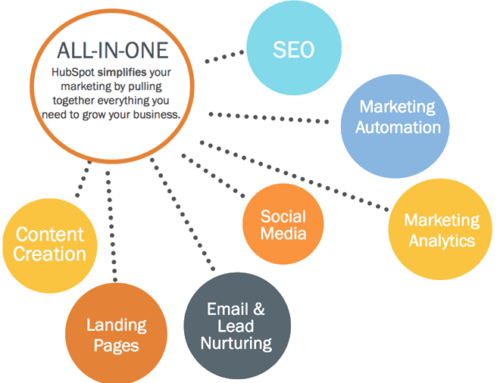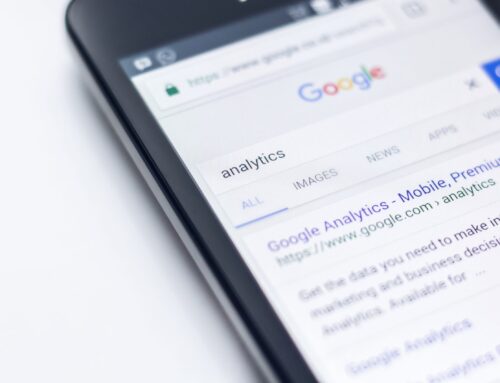 Artificial intelligence (AI) has been a hot topic in the digital marketing world for a few years now but exploded over the last 12 months with AI being so widely spread. Many businesses are eager to implement AI technologies, such as chatbots and recommendation algorithms, to improve their marketing efforts. However, there are several reasons why using AI in digital marketing may not be the best idea. In this blog post, we’ll explore some of the drawbacks of using AI in digital marketing and why it may not be the best approach for all businesses.
Artificial intelligence (AI) has been a hot topic in the digital marketing world for a few years now but exploded over the last 12 months with AI being so widely spread. Many businesses are eager to implement AI technologies, such as chatbots and recommendation algorithms, to improve their marketing efforts. However, there are several reasons why using AI in digital marketing may not be the best idea. In this blog post, we’ll explore some of the drawbacks of using AI in digital marketing and why it may not be the best approach for all businesses.
Firstly, AI is not here to replace foundational parts that make a successful business, like customer service, product quality, or leadership! Just because AI is available it should still require a human’s touch. For example, seeing a restaurant posting on their social media accounts with ChatGPT’s name still on their posting. Or having someone using Canva Magic Write to write their customer spotlight article for a local magazine cover story with no personification of the writing style.
Then there is the financial aspect of some AI software. AI can be expensive to implement. While AI technologies can save businesses time and money in the long run, the initial investment can be quite costly. Many businesses may not have the resources to invest in AI technology, especially small businesses or those with limited budgets. Additionally, implementing AI requires specialized knowledge and expertise, which may also be costly to acquire.
Another drawback of using AI in digital marketing is that it can be impersonal. AI technologies are designed to be efficient and automated, which means that they may lack the personal touch that many consumers crave. For example, chatbots can answer simple customer queries, but they may not be able to provide the same level of personalization and empathy as a human customer service representative. This can lead to frustration and dissatisfaction among customers, which can ultimately harm a business’s reputation.
In addition, AI can be unreliable. While AI technology is designed to be accurate and efficient, it is not infallible. There have been several high-profile cases in which AI algorithms have produced inaccurate or biased results. For example, an AI-powered recruiting tool developed by Amazon was found to be biased against women because it had been trained on data that was predominantly male. This highlights the importance of human oversight and intervention in the use of AI technology.
 Another concern with using AI in digital marketing is that it may not be effective in all situations. AI technologies are designed to work within a specific set of parameters and may not be able to adapt to unexpected situations or changes in consumer behavior. For example, an AI-powered recommendation algorithm may not be able to account for a sudden change in consumer preferences or a shift in market trends. This can lead to ineffective marketing strategies and wasted resources.
Another concern with using AI in digital marketing is that it may not be effective in all situations. AI technologies are designed to work within a specific set of parameters and may not be able to adapt to unexpected situations or changes in consumer behavior. For example, an AI-powered recommendation algorithm may not be able to account for a sudden change in consumer preferences or a shift in market trends. This can lead to ineffective marketing strategies and wasted resources.
Finally, using AI in digital marketing may raise ethical concerns. AI technologies are only as unbiased as the data they are trained on. If the data used to train an AI algorithm is biased or discriminatory in any way, then the AI technology will also be biased. This can lead to unfair treatment of certain individuals or groups, which can have serious consequences. Additionally, the use of AI in digital marketing may raise privacy concerns among consumers, particularly if their personal information is being collected and analyzed without their knowledge or consent.
In conclusion, while AI has the potential to revolutionize digital marketing, sMaac Digital believes that there are several reasons why it may not be the best approach for businesses. The cost of implementing AI technology, its potential lack of personalization, reliability issues, limited effectiveness, and ethical concerns are all valid reasons to approach AI with caution. Ultimately, the decision to use AI in digital marketing should be made on a case-by-case basis, with careful consideration given to the potential benefits and drawbacks.




